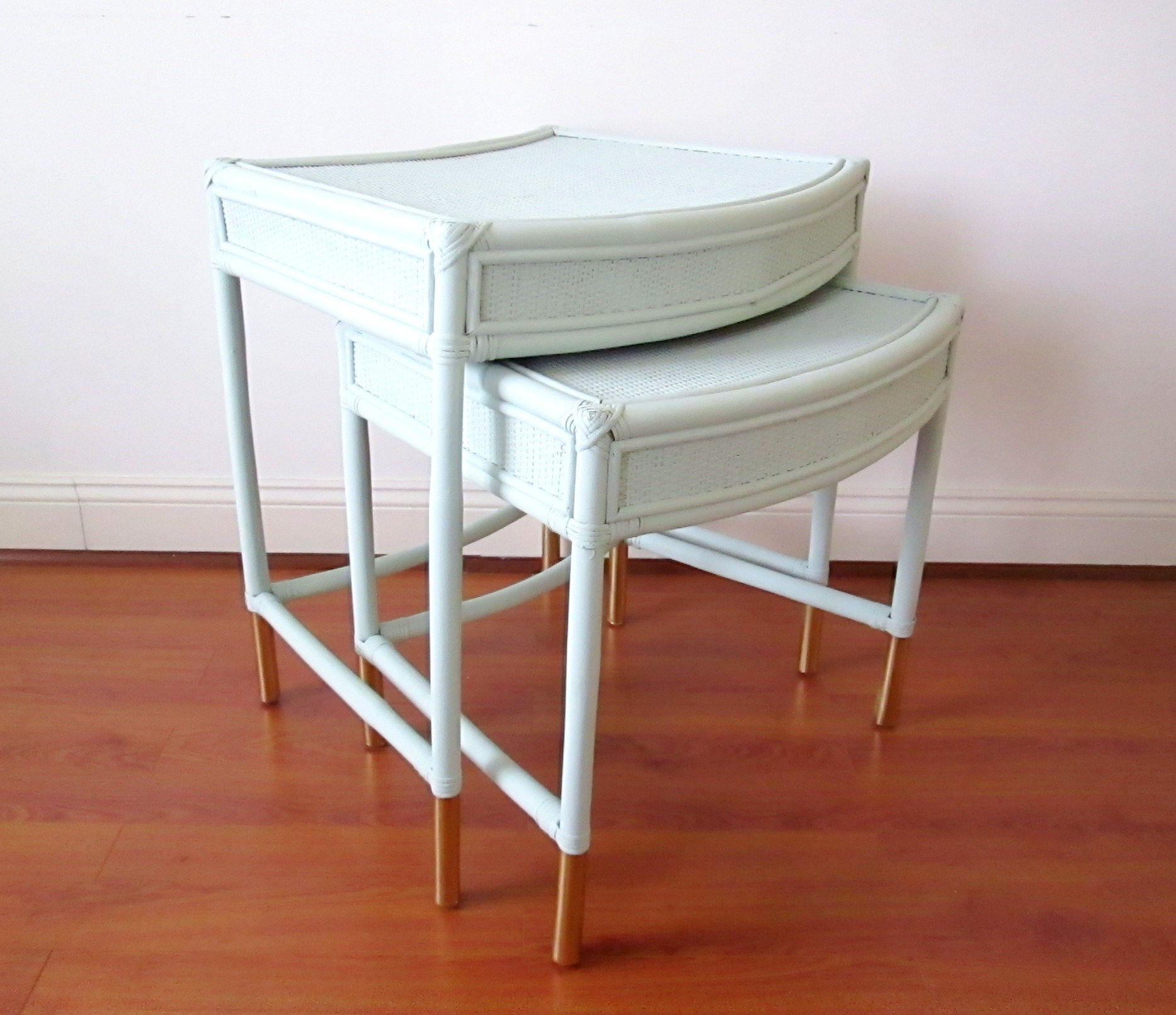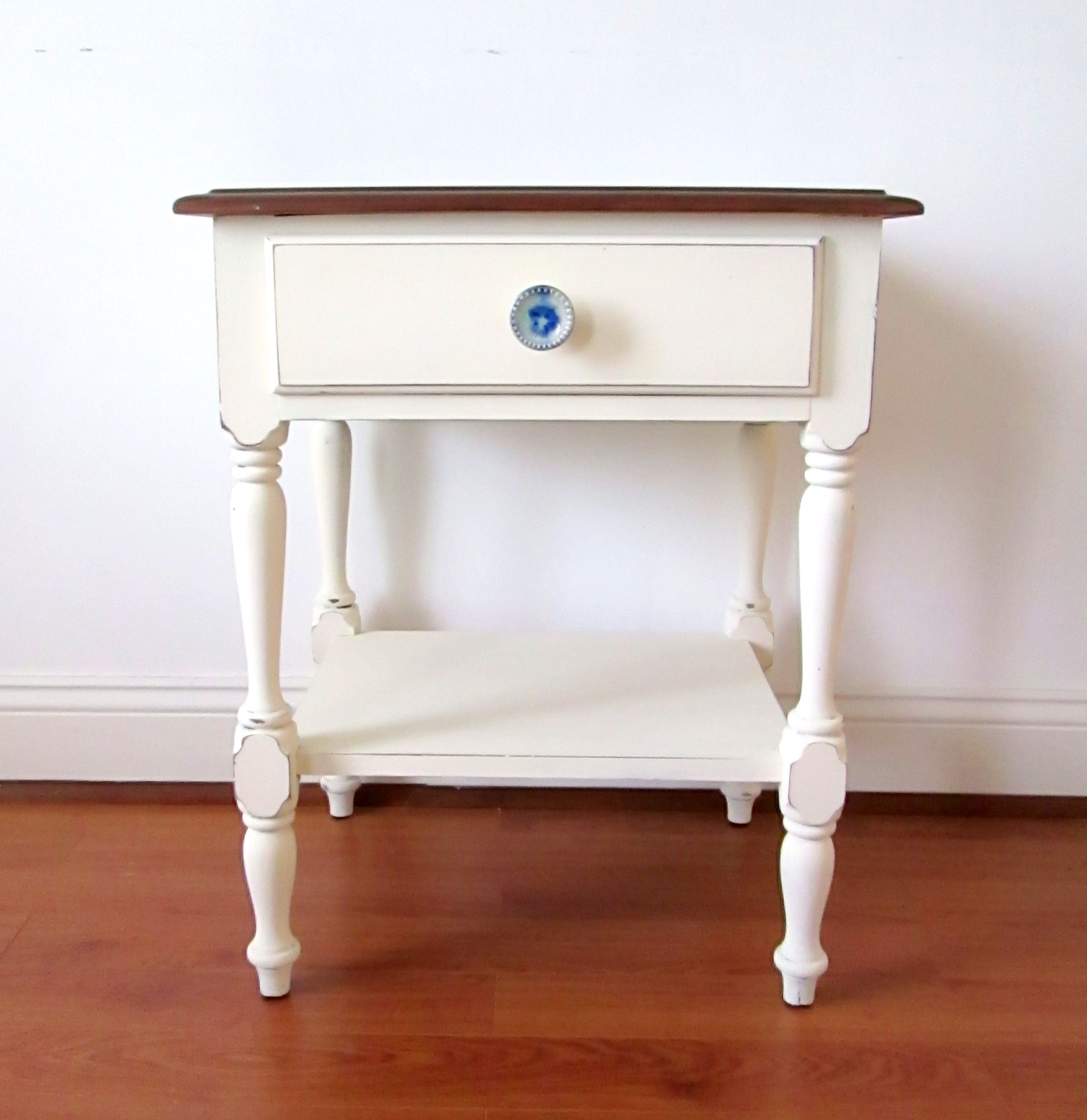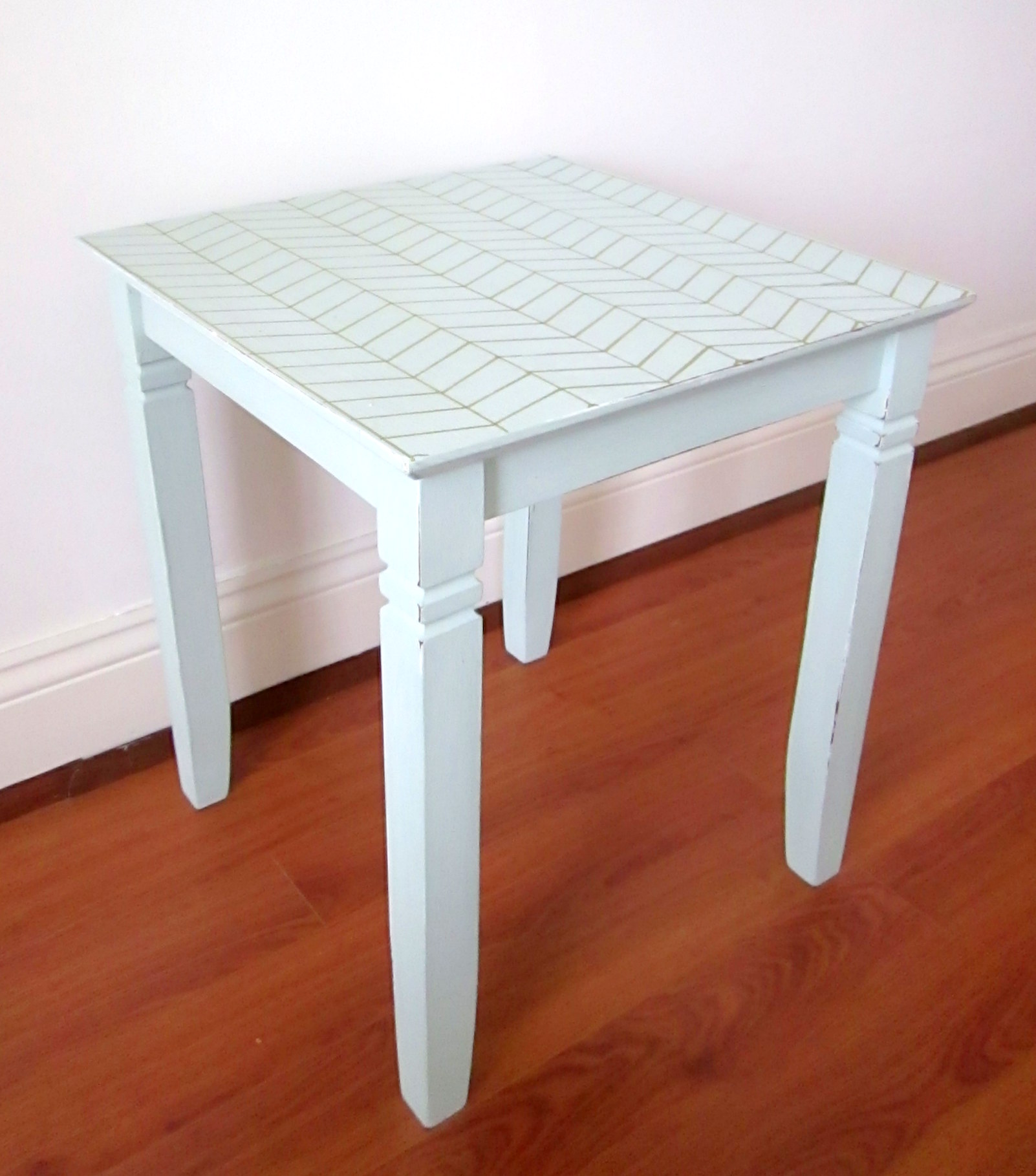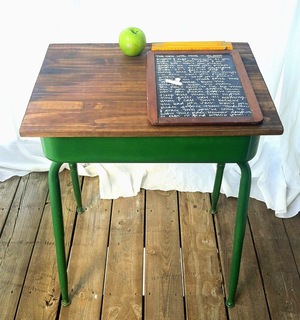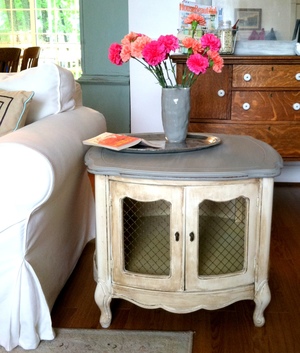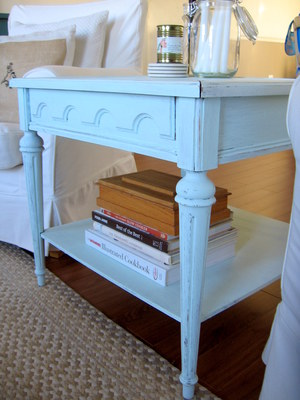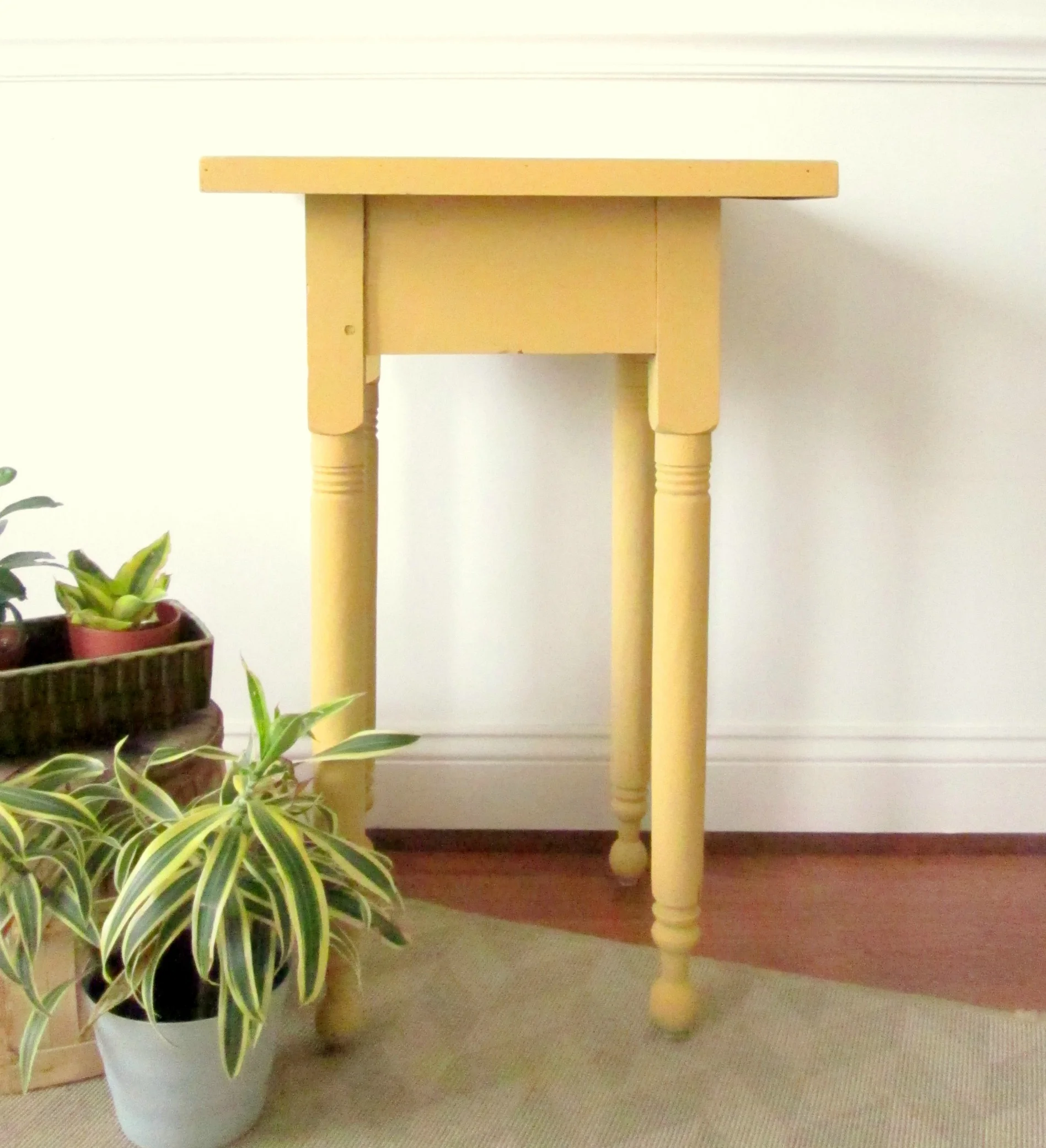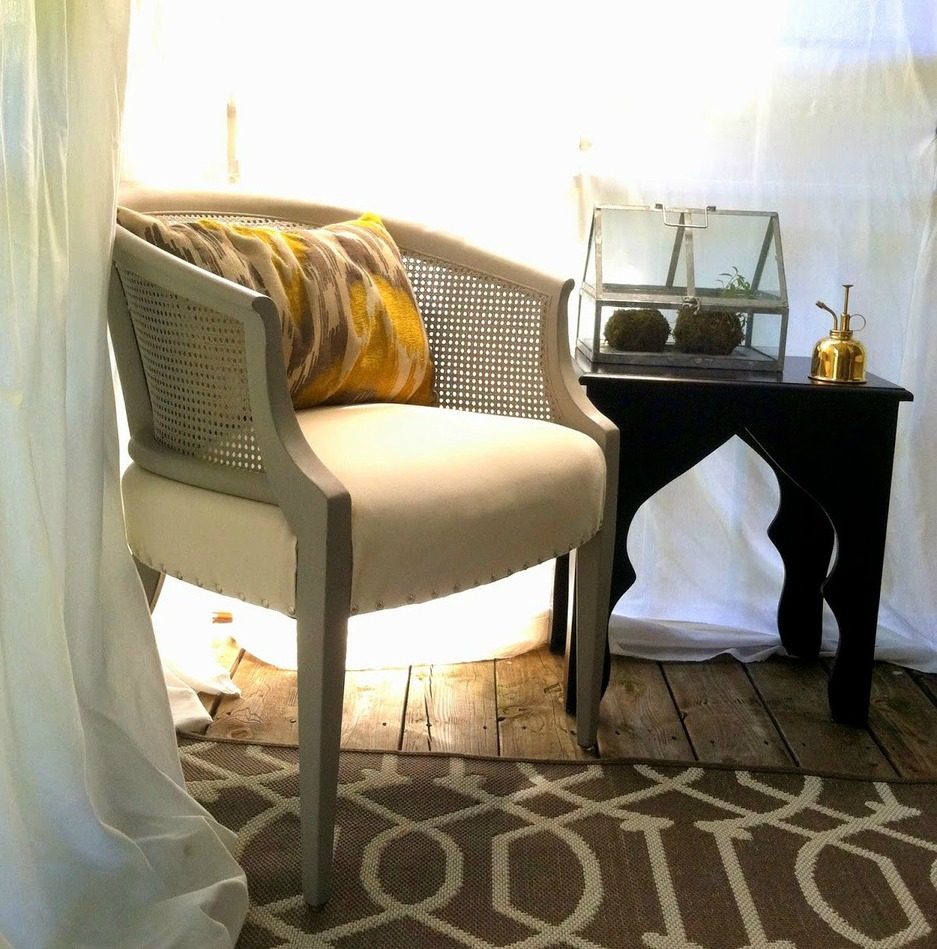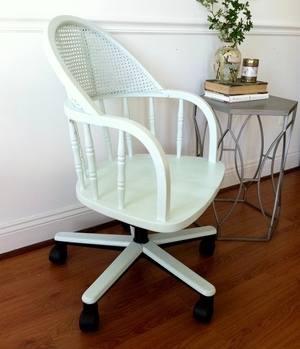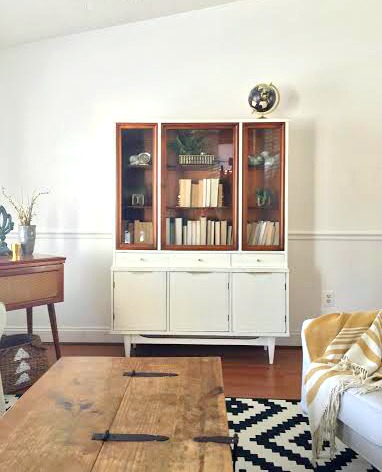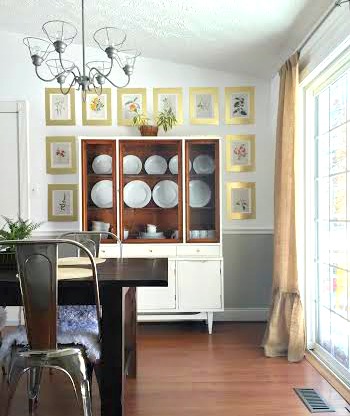GORGEOUS Photo Cred: Jillian Michelle Photography
Caleb and I hit our first wedding anniversary this weekend! Can I get a woot woot?! I'd heard that the first year of marriage is supposed to be the hardest, but I think because I made Caleb patiently date me for so long {4 years to be exact} we covered a lot of the hard topics pre-rings. This last year, I mainly just had to overcome adjusting to my first boy roommate and how to feed a man who's taste buds are more like an 8 year old boy's {love youeeee}. Here's to year two!
Now that we're officially not newlyweds, Caleb and I are also approaching the anniversary of moving into our apartment. This means that for a whole year Caleb and I have been carrying furniture up 3 flights of apartment stairs and rearranging our apartment like a sliding tile puzzle just to flip, stage, sell, and repeat again.
Last week Chelsea kicked off our series on staging. I'm gonna go ahead and nick-name the series Staging Smart so if you are just checking in {why hello there and welcome!} be sure to check it out. So in the hopes that I am not the only one in a tiny-apartment-furniture-flipping situation, I'm following Chelsea up with some tips about how I stage-to-sell in a small space.
Besides being only 863 sq.ft., our apartment comes with some additional challenges:
1} Our apartment doesn't get the best natural light for photos
2} Our open-concept with a loft means I do not have a lot of blank walls to stage/ play with
3} I am NOT a minimalist... I am a collectionist {ergo I have a lot of stuff to move and stage around}
Figuring out how to stage around these hurdles came through a lot of trial and error. My staging journey began with my first piece for sale: the tufted mid-century modern bench. I was so excited to show off my first piece, that I kicked Caleb out and hurried to clean the entire apartment before the tiny window of decent light hit our skylights like the fleeting sunbeam on treasure map in Raiders of the Lost Ark.
But when I staged it as the coffee table in our living room, the piece was definitely getting lost in the busy background of our apartment:
After moving it around multiple times, I began to get discouraged that none of pics were showcasing the piece. I eventually gave up and I brought it over to Chelsea's to borrow her great staging wall:
After seeing how the bench popped against a plain background, I was determined to find an alternative way to photograph pieces without schlepping them to Chelsea's every time. So next I tried staging outside:
But I was dealing with carrying pieces up-and-down 3 flights of stairs {more than I already am}, harsh direct sunlight, un-groomed grass {not to mention some rogue piles of dog poop...}, and quizzical looks from neighbors. So I turned to our balcony in hopes of finding a relatively easy solution to a simple staging backdrop: curtains.
Utilizing our porch curtains was a HUGE step in the right direction. The trick with staging on the porch was that sometimes the sunlight would back-light my pieces:
The good news is with a little a photo editing, you can actually use that to your advantage. All I had to do was increase the brightness, mid-tone, and add a pinch of contrast:
If you have the momentum to wiggle a big piece into your staging-spot, then you better take advantage of the trouble you went through to set up. Chelsea touched on staging multiple ways to show a piece's versatility, but I find it is also helpful to stage them to show a piece's personality:
Cool & Classy?
Or Colorful & Contemporary?
Both incorporate many of the same elements: geometric lamp, starburst mirror, moss ball, and books. But I chose to use the photo sesh I though brought more life to the piece to market to buyers.
With the smaller pieces, it is a little easier to find places for them inside. But if you are going to stage a piece in a complete room and not with a blank backdrop, try to find a way to easily transform your space to best highlight it. The trick is using what you have in new ways. These tables were staged in the same spot but with subtle differences. Can you spot them?
Answer: curtain behind headboard, bedding, overall color schemes, rug, hat, and table top decor.
When staging these pieces, I tried to think like their potential buyers: the gold and mirrored accent table felt like it would attract a glamour-loving easy-breezy girl. The x-base campaign table felt more masculine and classic. Interestingly enough, the mirrored accent table sold to a cute twenty-something co-ed and the campaign table to a guy who's girlfriend was helping him style his first place.
Ok let's re-cap the takeaways for staging in small spaces:
1} If you don't have a simple backdrop that allows your piece to "pop," try making one
2} Take advantage of your piece once it's in place and style it for multiple photo shoots
3} Decorate around your piece to enhance it's unique personality
4} Think about what kind of buyer(s) your piece might attract when styling your piece
Hope this helps all you small-space-stagers out there! If you have any tips of your own, we'd love to hear them!















